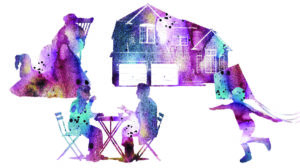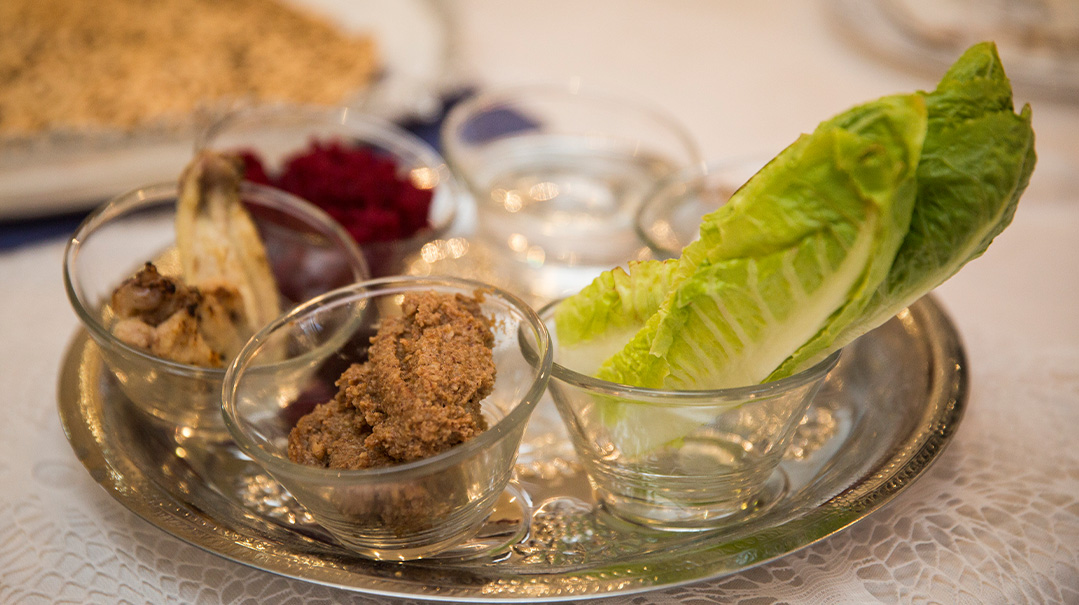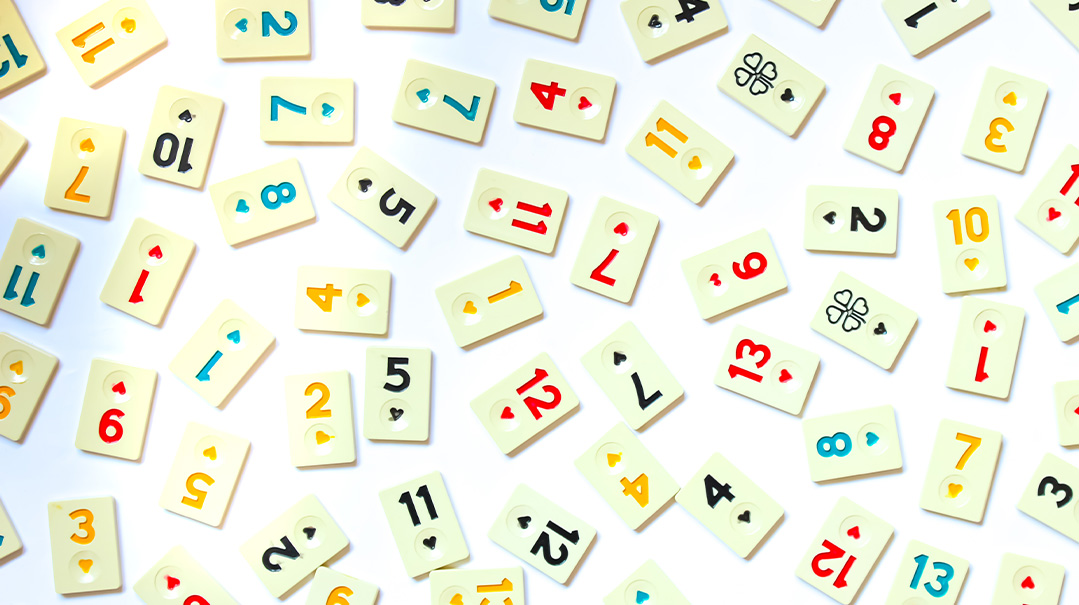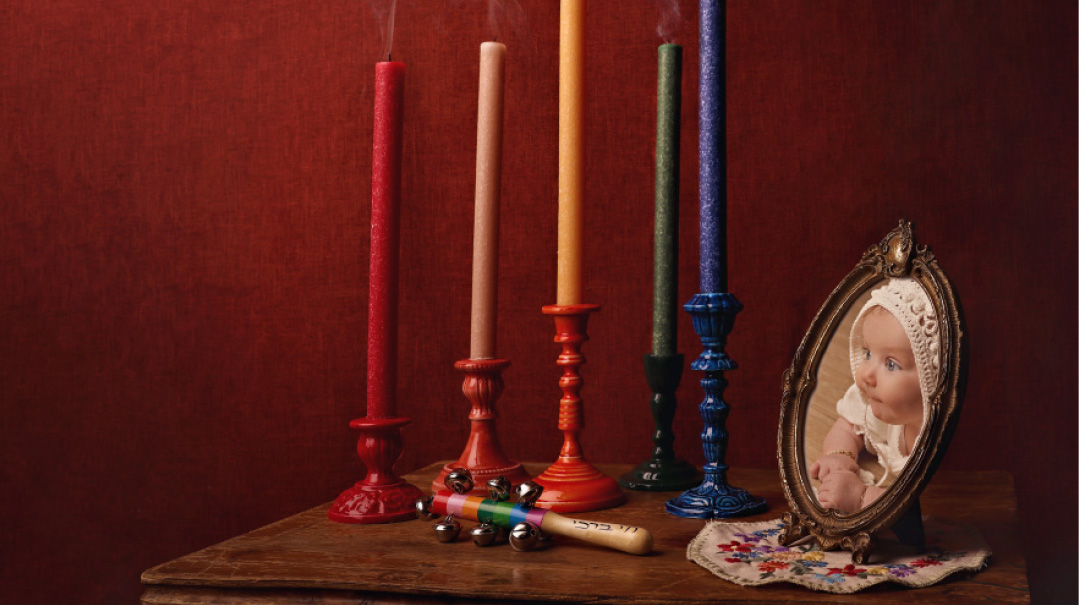Sparks

We chat of summer plans, jobs, dreams, and hopes. And who we are. I find myself defending something I never thought so much about
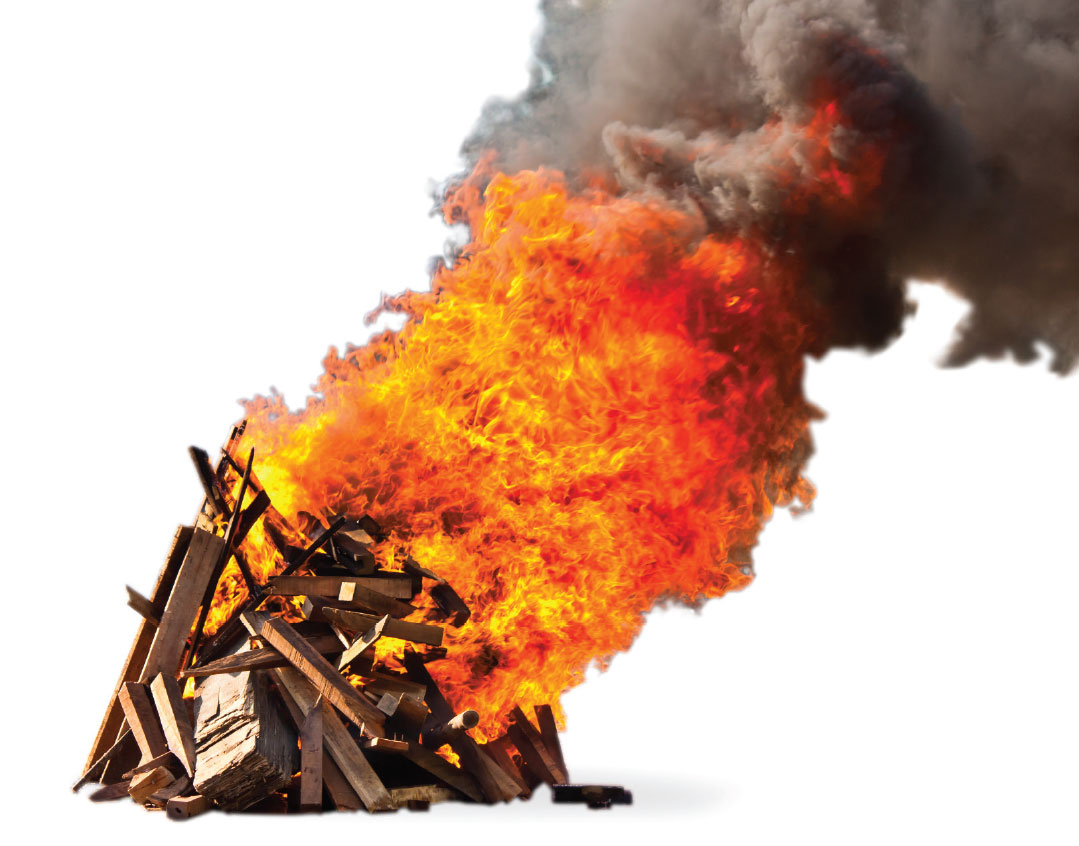
“H
ow could they do that?”
She is talking of an incident at the zoo. Men mumbling broken English to staff, kids and carriages and 55 snack bags. Strange clothing, same, same, same, like a cult. Davening Minchah right in middle of the grounds.
How could they?
Them. The chassidim. Your people.
Gulp.
Mine?
She says it’s her Britishness that makes her bristle.
I’m British too, am I not?
But not like her. My friend of the Queen’s English is infallibly polite, reserved.
“I’m not them,” I say too quickly. I’m not the people she cringes about.
But I am. At times, we’re at the same tish, listening to Kiddush, zemiros, hakafos. Sweating on the bleachers. Waiting hours in line for the Rebbe’s brachah. Cherishing matbeios, keeping a piece of matzah from the Rebbe nestled in a napkin in the back of the bookcase.
She is skeptical, where I don’t even have questions.
“I’ll take you,” I say once, when we are in Jerusalem together. “You’ll see what I mean.”
But she doesn’t, the friend who is maybe frummer than me, she walks away from the Yom Tov fabrengen we attend. She can’t be bothered. All those bochurim, just copying, doing what the Rebbe’s doing. She finds it scornful, a charade.
I grope for words. “It’s bigger than what you’re seeing. It’s a derech. They’re fighting the outside world in the way that’s made them grow, guarding Torah, themselves. It’s pride in something huge, in a connection.”
We talk of other things. Laugh and chill and forget to be intense. We chat of summer plans, jobs, dreams, and hopes. And who we are. I find myself defending something I never thought so much about.
The trappings, the externals, how much they have to do with the real thing. What gets lost in the same, same, same, black and white and bows and frills, the things that can’t be measured in denier and when you wear your shtreimel. All valid things I grapple with, try to reconcile. There is individuality. It’s not a contradiction, see?
“I get you,” she says. “It’s the whole thing I don’t understand. But I can learn to separate the people from the system.”
It’s not like that, but I stop explaining. Because maybe I don’t have answers, I just have sparks. Of devotion, fervor, a rebbe’s cry, pure like a baby, but ever not in its world-weariness, the beseeching of an old, old man who’s seen — who carries — unspeakable loads.
I have my sparks, like a jar of fireflies to take out in the night. She has her torch, a light straight and steady and sure.
“Let’s leave it at that, okay?”
She calls one day. It’s the eve of Lag B’omer. What am I doing? Maybe I’ll go see a fire. It’s no time to be hunching over papers, grading, deadlines. She concurs, even though she thinks the men should be learning as usual on Lag B’omer, not dancing up a storm, having fun with a karaoke machine. Still, she drives down to my area that evening. We sit outside on a bench as dusk turns the sky purple. The evening is warm and expectant. Around us the excited hustle-bustle of kids carting pieces of wood. This is not Israel of the huge fires and thousands of chassidim, but right then, in the courtyard of the shul near my house, the music blasts to life, throbbing, pulsing, with a tempo that travels through you.
We’re impelled to our feet, drawn to the fire. I’ve seen many over the years. This one’s small and sweet. A crowd of chassidim form a ring around it. “I’ve never been to a Lag B’omer bonfire,” my friend says.
I wonder if this will lead to existential conversations. This way, that way, wearying wanderings we’d agreed not to take.
But I look over at her, and she’s fixated on the dancers. Men and little boys, more and more, spinning, faster, round the fire. Someone chants out the verses of “Bar Yochai.” Men in motion, singing, voices hoarse and thick from the smoke, breathless.
She is absorbing, gazing, and I see bonfires tiny and huge in her eyes.She puts her hands out to encompass everything, the men, the little boys, the energy.
“They are the fire,” she says.
Later she speaks about them, same, same, same, garb she’d decried, but people there, alive, some dancing, some leaping, some steady and sure, everyone finding a voice. This was them, who they were. And joy, so much joy.
But right then, we are two women at the edge of the fire. I stand beside her, and I realize she’s whispering, mumbling, davening. It’s my world, but she’s the one who’s crying.
(Originally featured in Family First, Issue 642)
Oops! We could not locate your form.





